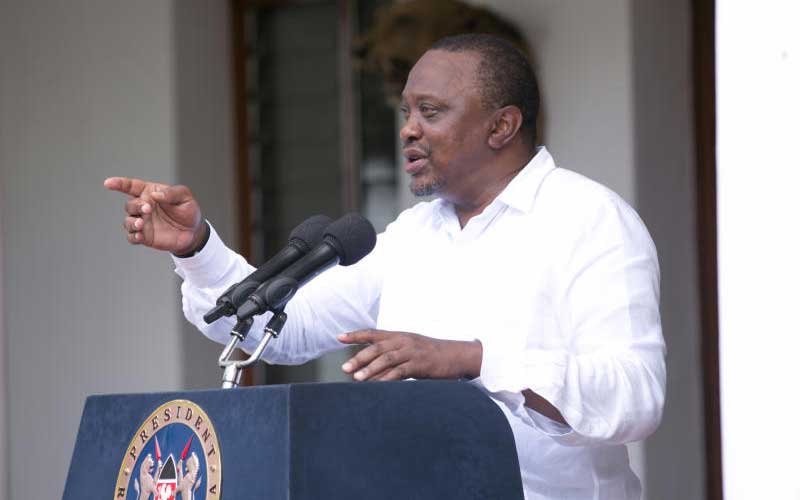×
The Standard e-Paper
Home To Bold Columnists

For some time, President Uhuru Kenyatta (pictured) seemed captive to powerful forces, though he tried being assertive. The latest such effort was on January 14, 2020 when he addressed the nation from Mombasa and announced a mini Cabinet reshuffle. He was firefighting while setting the agenda.